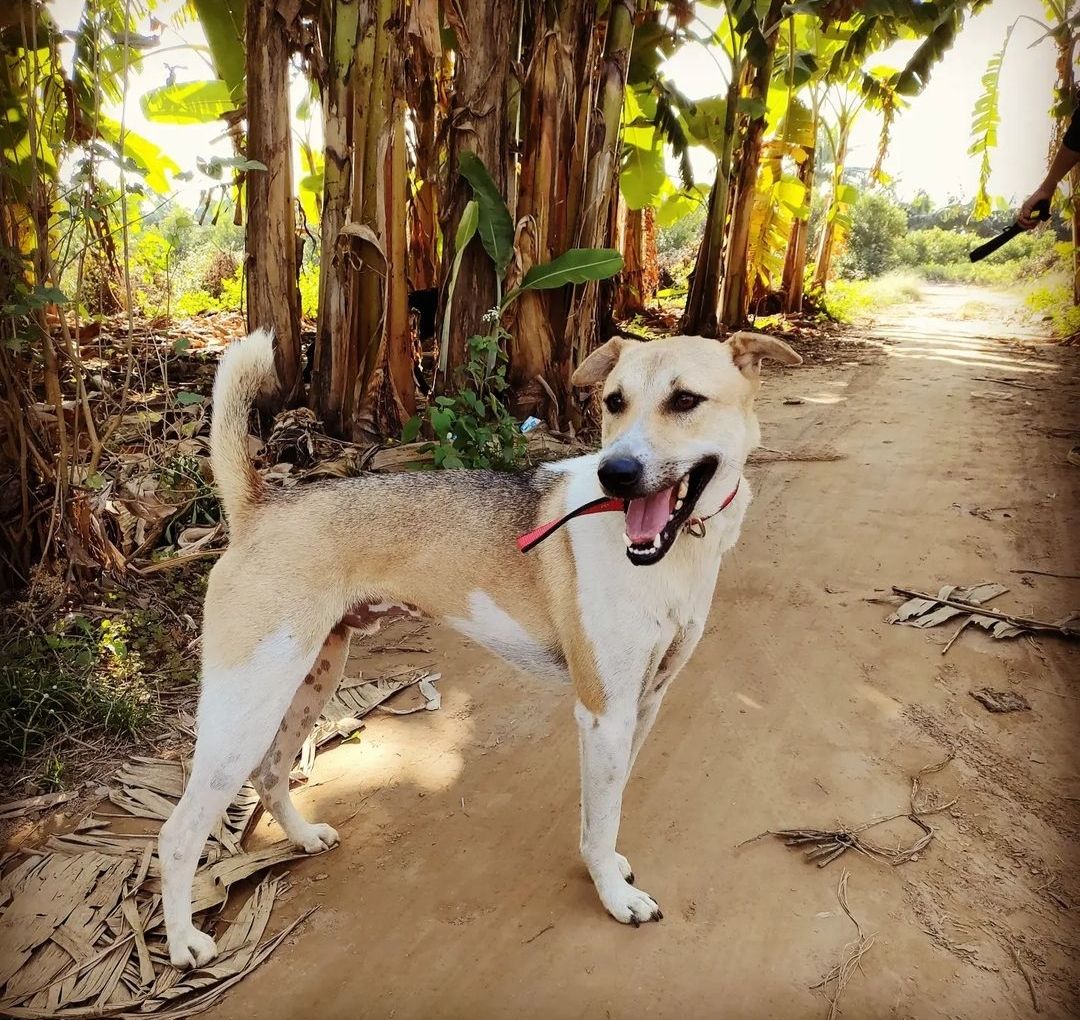
Why do people adopt internationally?
UK rescue centres
Holland et al., 2022. DOI: https://doi.org/10.3389/fvets.2022.877950
Norman et al., 2020. DOI: 10.1136/vr.105380
Griffin et al., 2020. DOI: https://doi.org/10.3389/fvets.2020.617525GOV.uk https://www.gov.uk/government/publications/brucella-canis-information-for-the-public-and-dog-owners/brucella-canis-information-for-the-public-and-dog-owners#:~:text=This%20assessment%20shows%20that%20the,dogs%2C%20the%20risk%20is%20low.
Fooks and Johnson, 2014 DOI https://doi.org/10.2147/VMRR.S62059
Diesel et al., 2005 DOI: https://doi.org/10.1016/j.prevetmed.2007.12.004
Rentzell et al., 2022 DOI: https://doi.org/10.1371/journal.pone.0268885
Demirbas et al., 2014 DOI: https://doi.org/10.1016/j.jveb.2014.04.006
Most people get a dog due to the desire for companionship or increased exercise. (1)
A questionnaire distributed to over 3,000 owners of imported rescue dogs in 2020, found that the primary reason for overseas adoption was the adopters desire to help a specific dog they had seen advertised on social media. Other respondents said they adopted from abroad because they had not been accepted by UK rescues. (2)
UK rescue centres
Around 10% of dogs in UK rescue centres are euthanased (put to sleep) annually, despite there being a demand for around 850,000 dogs a year. In a qualitative analysis, Griffin and colleagues found there are 31 reasons a potential adopter could be rejected and only 8 of these reasons have scientific supporting evidence. This could suggest that the criteria for adoption is too strict in the UK, forcing people to look for alternatives in other countries. (3)
The law
There are 2 pieces of legislation which are relevant to the import of rescue dogs from abroad: the Pet Travel Scheme and the Balai directive. The PTS legislation should only be used for animals who are travelling with their owners, not animals who will be changing ownership and definitely not animals who are travelling for commercial gain. Under the PTS, dogs are only required to have a rabies vaccine or test (depending on the country of origin), health certificate and microchip. The Balai directive has much more thorough requirements. Approximately 300,000 dogs are imported under the PTS annually compared to only around 30,000 under the Balai directive (2).
Disease risks
As with any live importation, there are disease risks which may impact the biosecurity of the UK. Although rescue dogs should be imported under the Balai directive if they are going to change ownership, they are often imported under the less stringent PTS legislation. This means the only testing requirement is for rabies. A disease which is not endemic to the UK, Brucella Canis, has recently caused some concerns as this is zoonotic, meaning it can be passed from animals to humans. (4) Despite the risk being considered as very low, many veterinary surgeries in the UK will advise the owners of dogs testing positive for Brucella to be put to sleep. It is important for owners to know it is ultimately their decision. Additionally, rabies, echinococcosis, leishmania and some parasites could also be translocated by the importation of foreign pathogens. (5)
Behavioural issues
Behavioural concerns are the most commonly reported reason for relinquishment of rescue dogs. (6) In general, rescue dogs show more behavioural issues than non-rescues, but there is no conclusive evidence to suggest that imported rescues have more behavioral issues than domestic rescues. (7) As you would expect, imported dogs will often need a period of a few months to decompress after travel and adjust to their new life. Additionally, dogs who have previously been free-roaming are likely to show different behaviours than those who have always been kept inside a home. (8)
Holland et al., 2022. DOI: https://doi.org/10.3389/fvets.2022.877950
Norman et al., 2020. DOI: 10.1136/vr.105380
Griffin et al., 2020. DOI: https://doi.org/10.3389/fvets.2020.617525GOV.uk https://www.gov.uk/government/publications/brucella-canis-information-for-the-public-and-dog-owners/brucella-canis-information-for-the-public-and-dog-owners#:~:text=This%20assessment%20shows%20that%20the,dogs%2C%20the%20risk%20is%20low.
Fooks and Johnson, 2014 DOI https://doi.org/10.2147/VMRR.S62059
Diesel et al., 2005 DOI: https://doi.org/10.1016/j.prevetmed.2007.12.004
Rentzell et al., 2022 DOI: https://doi.org/10.1371/journal.pone.0268885
Demirbas et al., 2014 DOI: https://doi.org/10.1016/j.jveb.2014.04.006
Conclusion
Whether you want to pursue adoption of an imported rescue dog is entirely your decision. Like with any animal adoption, be sure to conduct thorough research into the organisation you are adopting from, as well as the potential risks of bringing in a dog from abroad. From a personal perspective, I imported my rescue dog after spending nearly 4 years living abroad under the PTS legislation. I was not aware of the Brucella testing requirements or I would have had him tested before bringing him here. We are working with a behaviourist to help him adapt to his new life in the best way possible, which is something all adoptive dog parents should be prepared to do. I can say, it is incredibly rewarding knowing I have been able to give him a substantially better quality of life in the UK, than he ever could have achieved in Vietnam.

